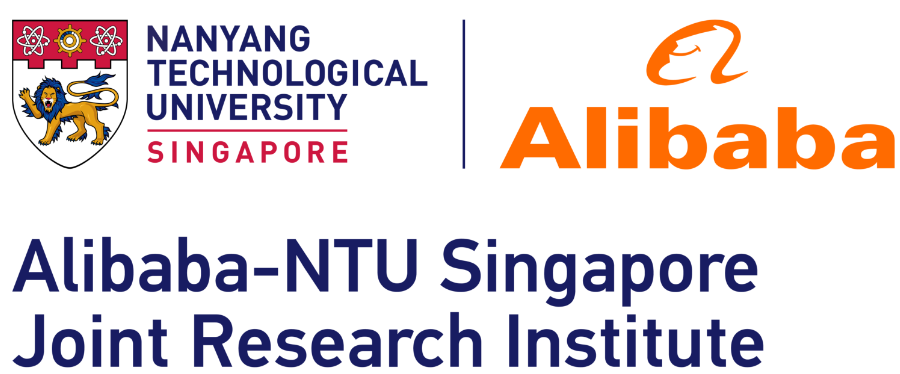About AAAI
The AAAI Conference on Artificial Intelligence (AAAI) is a leading international conference in the field of artificial intelligence, covering a broad range of research areas. It is organized by the Association for the Advancement of Artificial Intelligence, a premier scientific society, and has become one of the most influential and prestigious conferences, bringing together AI researchers from around the world.
Introduction of the AIAA Workshop
The number of people in the world aged 60 and older will reach 2.1 billion by 2050, according to a World Health Organization (WHO) report. The rapidly aging global population is posing unprecedented economic and cultural challenges to individuals, families, society, as well as the international community. To cope with these challenges, the elderly population may need support in achieving successful aging. Important aspects include sleep, diet, exercise, and social interactions. With some accommodation, many seniors can continue to make meaningful contributions to their communities.
As a disruptive technology, artificial intelligence (AI) is being applied in numerous areas, including addressing the need for aging population. The opportunities are limitless ranging from innovative healthcare and wellbeing services to reduce caregiver stress and economic burden. For example, newly developed sensors now allow accurate, continuous and gentle monitoring of blood glucose levels in diabetic patients. Personalized AI models can then be trained to predict these levels after meals. The consumption of a meal with ingredients whose glycemic indices and loads can be conventionally retrieved from an online database. This allows the individual to adjust his/her meal so that the glucose level is maintained within a safe range. Sensor/AI technologies are also being harnessed in the detection and management of conditions which disproportionately affect older citizens, such as cancer, stroke, Alzheimer’s, Parkinson’s disease, and frailty. More research and development efforts are needed to improve the effectiveness, accuracy, and convenience of these tools. At the same time, the costs need to be minimized so that these tools can be accessible to a majority of citizens. Industry leaders such as Alibaba, Google, IBM, and Microsoft are also actively collaborating with research institutes and hospitals to speed up their commercialization efforts.
Caring for seniors in the new era of ageless aging is data-driven and AI-enabled. This workshop on “AI for Healthy Aging and Longevity” research is timely and aims to bring together researchers, medical practitioners, consumer groups, industry stakeholders, potential investors, and others to discuss how AI and other relevant technologies can be used to enable senior people to enjoy successful aging and healthy longevity.
Invited Talks
 |
 |
TBD |
TBD |
Schedule
| Time (GMT+8) | Speaker | Title | Record |
|---|---|---|---|
| 2:00 PM - 2:05 PM | TBD | Opening Remarks | |
| 2:05 PM - 2:30 PM | TBD | TBD | 2:30 PM - 2:55 PM | TBD | TBD | 2:55 PM - 3:20 PM | TBD | TBD |
| 3:20 PM - 3:30 PM | TBD | TBD | |
| 3:30 PM - 4:00 PM | - | - | |
| 4:00 PM - 4:25 PM | TBD | TBD | |
| 4:25 PM - 4:50 PM | TBD | TBD | 4:50 PM - 5:15 PM | TBD | TBD |
| 5:15 PM - 5:25 PM | TBD | TBD | |
| 5:25 PM - 5:35 PM | TBD | TBD | |
| 5:35 PM - 5:45 PM | TBD | TBD | |
| 5:45 PM - 5:55 PM | TBD | TBD | |
| 5:55 PM - 6:00 PM | Closing | ||
Organizing Committee
Program Committee
Organized By
 |
 |
 |
 |
 |